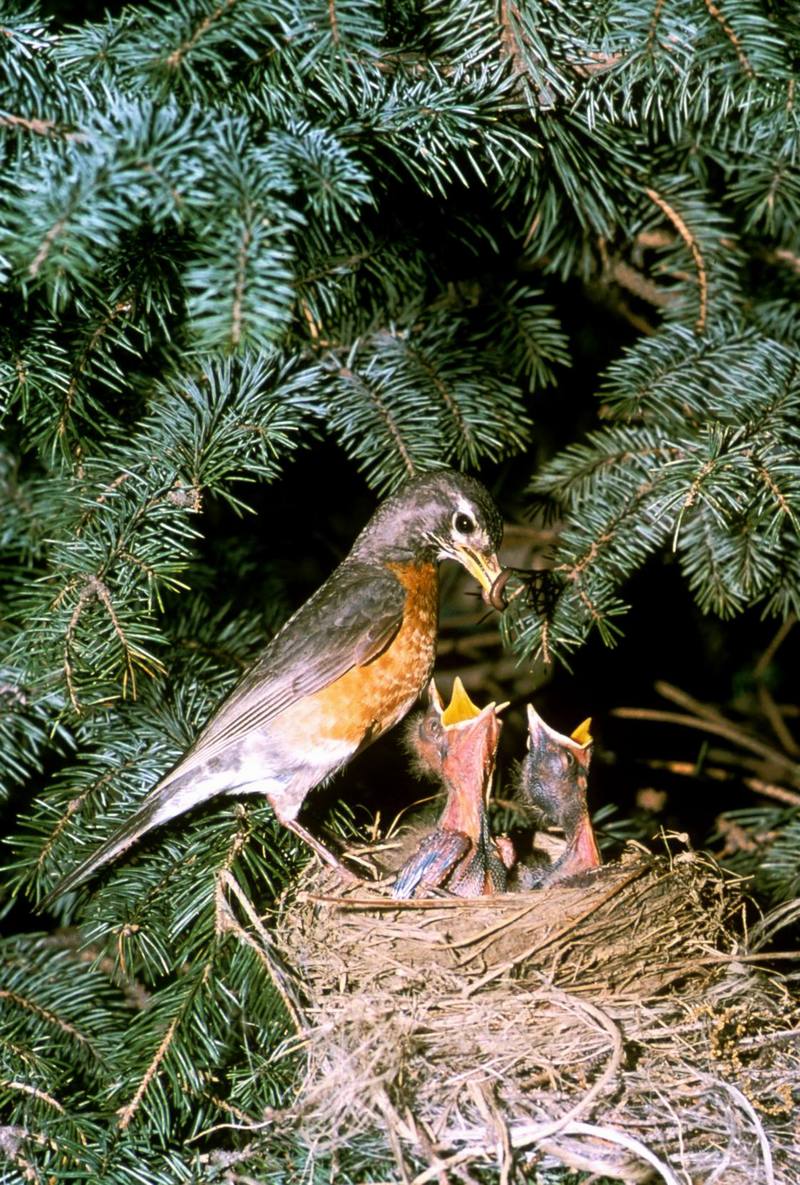|
| Query: bird | Result: 2636th of 32675 | |
American Robin & chicks (Turdus migratorius) <!--아메리카붉은가슴울새(아메리카울새)-->
| Subject: | American Robin & chicks (Turdus migratorius)
| | Poster: | Phoby (phoby@hanafos.com)
| |

| Resolution: 1121x1661
File Size: 407749 Bytes
Date: 2005:01:17 23:14:50
Upload Date: 2005:01:17 23:13:49
|
From the U.S. Fish and Wildlife Service's online digital media library.
Check http://images.fws.gov/ for higher quality version.
Metadata
Title: Robin with Chicks
Alternative Title: (Turdus migratorius)
Creator: Leupold, James C.
Source: WO2411-011
Publisher: U.S. Fish and Wildlife SErvice
Contributor: DIVISION OF PUBLIC AFFAIRS
Language: EN - ENGLISH
Rights: (public domain)
Audience: (general)
Subject: birds, animals, wildlife, chicks, young, nest
Date Issued: November 30 2001
The American robin (Turdus migratorius) is a migratory songbird of the thrush family. The American robin is widely distributed throughout North America, wintering from southern Canada to central Mexico and along the Pacific Coast. Turdus migratorius is the state bird of Connecticut, Michigan, and Wisconsin. |
^o^
Animal Pictures Archive for smart phones
^o^
|
|

